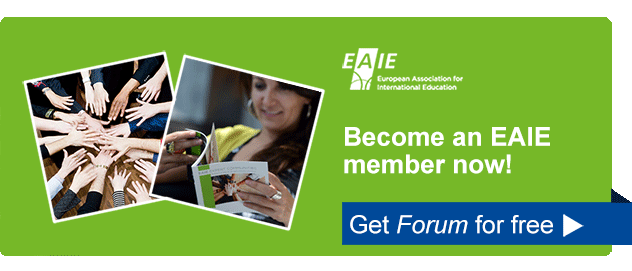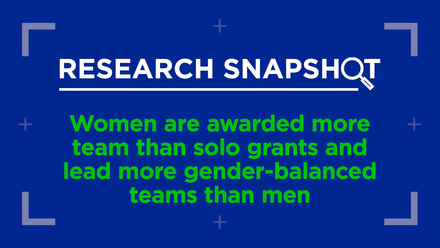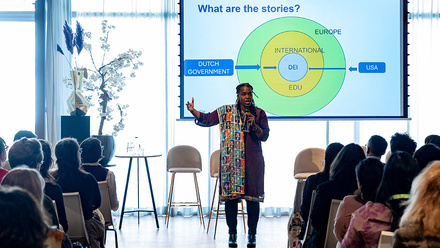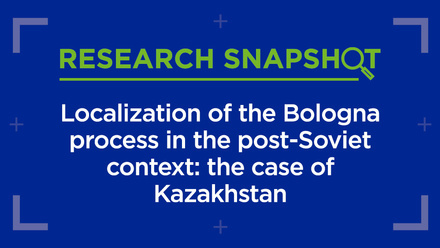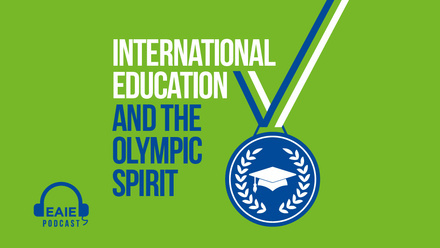Ethical partnerships: a view from the South

North-South partnerships appear to remain the dominant model in the current context of internationalisation of higher education in South Africa. Partnerships involving institutions in the Global North can face considerable challenges, particularly with regard to questions of power and influence as well as mutual benefit. This article summarises the outcomes of a recent workshop concerning principles underlying equal and ethical North-South higher education partnerships.
What are the ethical principles underlying North-South partnerships? This was one of the questions tackled by participants of a workshop entitled ‘Partnerships for the Future’, which was held at the Annual Conference of the International Education Association of South Africa (IEASA) in Johannesburg in August 2014. The main purpose of the workshop was to develop a set of international partnership guidelines relevant to South Africa as an emerging economy. This was undertaken as a response to the 2014 Nelson Mandela Bay Global Dialogue Declaration on the Future of Internationalisation of Higher Education, which requests that: “a set of international partnerships guidelines shall be developed and proposed for adoption by the Network of International Education Associations (NIEA) to ensure equal and ethical practices”.
The workshop attendees included internationalisation practitioners from an array of higher education institutions in South Africa and Zimbabwe as well as a representative of an international higher education funding agency. The workshop participants agreed that equal and ethical partnerships in international higher education should be mutually beneficial and recognise differences among the partners. The following principles and concepts were considered particularly important in this regard:
- transparency; accountability and responsibility
- disclosure and honesty
- sensitivity, awareness and alignment
- integrity, respect and trust
- mutual benefit, reciprocity and local ‘embeddedness’
- self- and partner knowledge
- flexibility and equity
It was also noted that partners should try to avoid the dominance of one partner in whatever way possible and mitigate unequal power relations where they exist. Abuse of power at any level was strongly condemned. Attendees did not agree on how equality can be achieved in North-South partnerships, but they noted that transparency and adherence to ethical principles are core to managing inequalities.
Honest disclosure
It is worth looking in some greater detail at the feedback received relating to ethical partnerships. In the interest of space, we will present only a summary here, highlighting the most salient points. There was general consensus that ethical partnerships have to be transparent. Transparency is intrinsically linked to disclosure, and it was emphasised that the partners should be upfront and honest about their expectations, motives, needs, strengths, challenges, resources and risks.
Transparency and disclosure facilitate knowledge, and the workshop participants highlighted that the partners need to know as much about themselves as they know about the other partner/s. This applies as much to cultures and values as it does to policies and practices at both institutional and national levels.
Clear documentation and cultural sensitivity
It was proposed that every partnership should have a guiding document, be that a formal contract or an informal agreement. Depending on the nature of the partnership, the requirements and procedures relevant to the implementation of activities should be clearly documented. This is often particularly relevant with regard to financial arrangements. As far as research collaborations are concerned, it is imperative to negotiate and agree on how intellectual property will be addressed and that all contributors are duly acknowledged. Where information can be considered sensitive, it is even more important to deal with it ethically. This could, for example, apply to information about students’ sexual orientation, HIV/AIDS or mental health status.
Sensitivity is also required when it comes to conceptual and cultural differences. In this respect, it was mentioned that the partners might have different understandings of what a university is and what its core functions are. All partners need to be thoughtful of the context of the partnership and develop an understanding of different value systems. When dealing with faith-based universities, this could be particularly challenging.
In closing, it appears that ethical considerations are generally important where higher education institutions are engaged in partnerships. However, in the context of North-South partnerships, there seems to be a particular need for a strong commitment to ethical principles. A financial example might best illustrate this point. Partnerships with institutions in the North can bring about benefits for South African higher education institutions relating to, for example, access to much needed resources. However, the participants agreed that institutions in the South should not accept just any kind of funding, especially if the ‘terms and conditions’ are not aligned with institutional priorities and objectives.
Samia Chasi, University of the Witwatersrand and Cornelius Hagenmeier, University of Venda, South Africa
